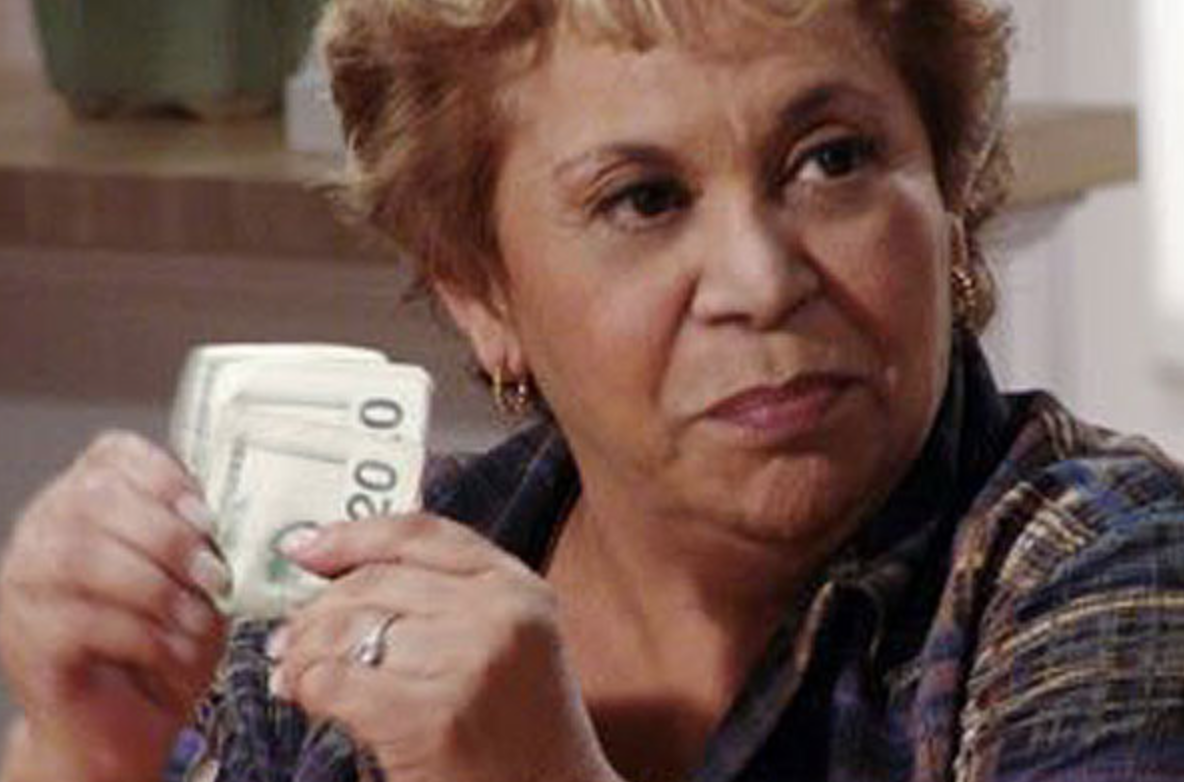To bring to life the persona of an obsessive and intermittently delusional madwoman isn’t east–just ask Bette Davis. So for Lupe Ontiveros, so frequently and stereotypically cast in maid roles for the duration of her career that she was asked to narrate a documentary called Maid in America, to bring to life the neurosis of Selena Quintanilla-Perez’s assassin, Yolanda Saldívar, was undeniably no small feat.
With March 21st marking the twentieth anniversary of Selena‘s release, many will look back on the biopic with fondness and admiration for Jennifer Lopez’s first lead performance and aesthetic similarity to the beloved Tejano singer. What they will fail to consider is that Ontiveros holds the entire movie together with her carefully crafted villainy. And yes, as usual, it is the antagonist that provides most of the multi-layeredness in terms of a character study.
Getting to the core of the motive behind Yolanda’s ultimate decision to kill her so-called best friend, director Gregory Nava paints Yolanda as a jealous and manipulative type, secretly harboring constant resentment against the angel that is Selena as the overweight Texan clings to her lies strongly enough to believe in them herself. And, though it might be hard for many to admit, Yolanda is the most identifiable and relatable person in the film (no, this doesn’t mean I’m suppressing murderous tendencies–or am I?). Her feelings of insecurity are what propel her to seek retribution and take from Selena what she feels she deserves–obviously, money.
At the time of Selena‘s release in 1997, there were no mainstream movies geared toward a Latino audience. Accordingly, while being interviewed at the Hollywood premiere, Ontiveros rightly predicted, “I think Selena is going to make a very impressive impression on the industry.” And oh, how it did–thanks, in large part, to Ontiveros’ own commitment to the part. Not only did Selena break the door wide open for J. Lo’s career, but it also told the story of two strong Latina women in a poignant manner that rivals the sort of fucked up narrative of a Greek tragedy. Sobbing to herself in the car at the conclusion of Selena, Ontiveros’ mesmerizing rendering of a woman who has surrendered herself to madness was and is worthy of an Oscar nomination (then again, Sean Connery, who presented the award for Best Picture in 1998, probably would have read the wrong envelope to ruin the win for all the Latinos à la Moonlight). Indeed, that scene during which Ontiveros as Saldívar points a gun to her head as she calls the police and wails, “I don’t deserve to live. Look at what I’ve done to my best friend!,” continues to give chills to this day.
While there’s no arguing that J. Lo is the technical star of Selena, it can’t be disputed that Ontiveros is the most fascinating figure in the stranger than fiction tale. Sadly (and proving that karma might not be real), Saldívar would go on to outlive her silver screen self–albeit whilst rotting away in prison–while Ontiveros’ only other major role after Selena was, once again, as the help in As Good As It Gets.






















